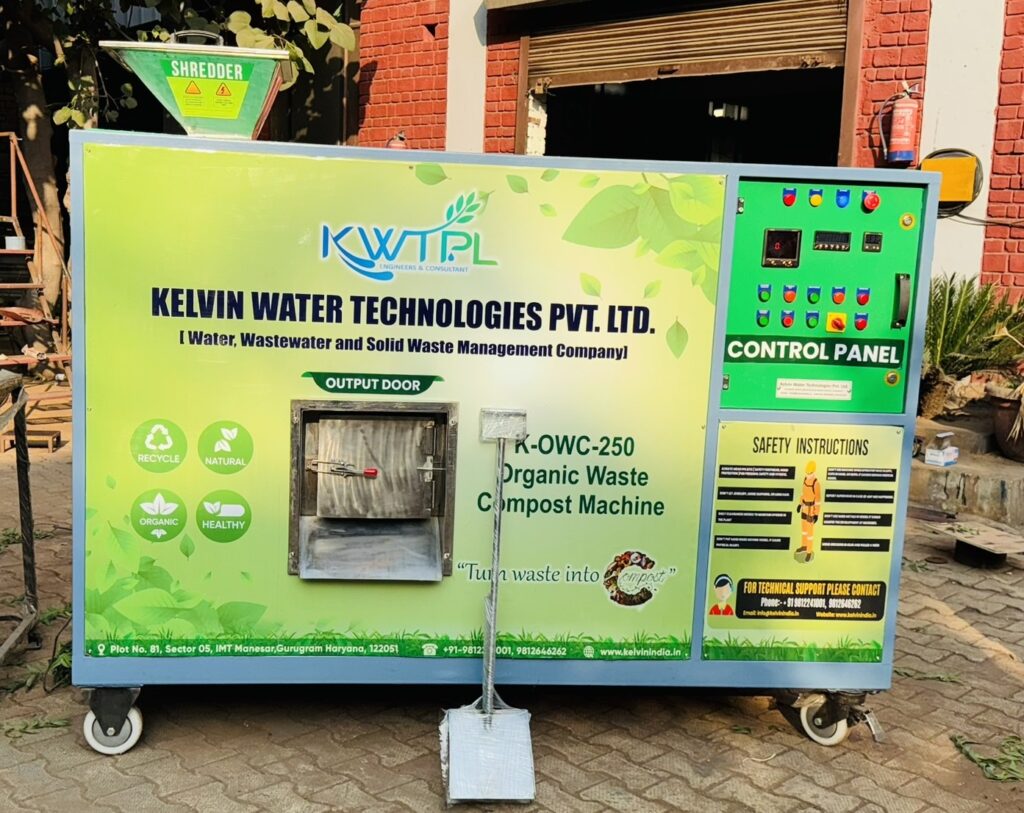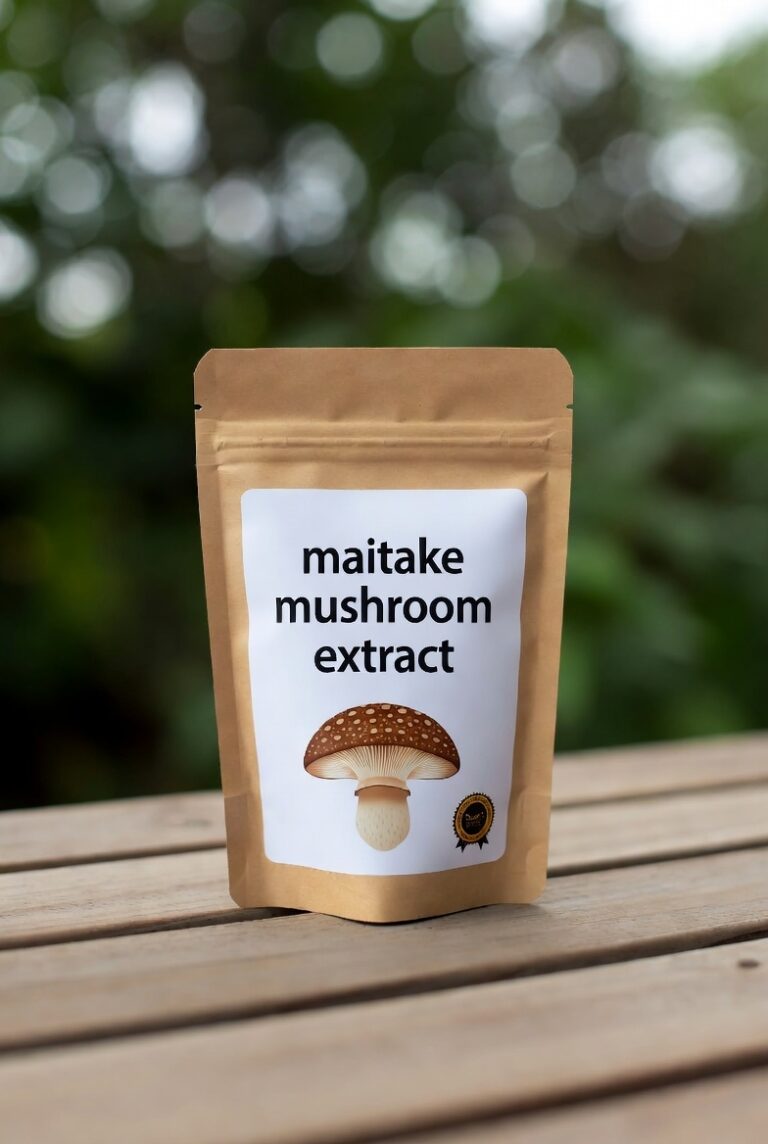
Effective waste management has become one of the most pressing needs in today’s world, where urbanization, industrialization, and population growth have significantly increased the volume of waste generated daily. Among the various types of waste, organic waste — which includes food scraps, vegetable peels, garden trimmings, and other biodegradable materials — forms a major portion. Instead of sending this organic waste to landfills, where it produces harmful greenhouse gases like methane, it can be converted into nutrient-rich compost using an Organic Waste Composter
An Organic Waste Composter is an innovative machine designed to decompose organic waste efficiently and convert it into compost within a short period. It plays a crucial role in sustainable waste management by reducing landfill load, minimizing pollution, and promoting organic farming through compost production.
Understanding the Organic Waste Composter
An Organic Waste Composter is a mechanical system that accelerates the natural composting process by creating a controlled environment for microorganisms to break down organic matter. The machine is designed to handle organic waste from various sources such as hotels, restaurants, canteens, residential complexes, markets, and municipal bodies.
The composting process involves three main stages: shredding, mixing, and decomposition. The OWC unit includes features like shredders, mixers, heaters, blowers, and air filters to ensure quick and odor-free composting. The final product is high-quality compost that can be used as an organic fertilizer for plants, gardens, and agriculture.
Working Principle of an Organic Waste Composter
The working process of an Organic Waste Composter generally involves the following steps:
- Collection and Segregation:
Organic waste is first collected and separated from non-biodegradable materials like plastics and metals. Proper segregation ensures that only biodegradable waste enters the composter. - Shredding:
The collected waste is then shredded into smaller particles using a waste shredder. Smaller particles increase the surface area for microbial action, thereby speeding up the decomposition process. - Mixing with Additives:
The shredded waste is mixed with sawdust or dry leaves to balance the carbon-nitrogen ratio. Microbial cultures or composting enzymes are added to initiate the decomposition process. - Composting Process:
Inside the composter, the mixture is aerated and maintained at an optimal temperature and humidity level. The machine’s heating system provides the necessary warmth for microbes to break down the organic matter efficiently. - Curing and Maturation:
The semi-composted material is then left to cure for a few days, allowing complete stabilization of nutrients. The final compost is ready for use in gardens, landscaping, and farming. - Output Collection:
The final compost is rich in nutrients like nitrogen, phosphorus, and potassium, making it an excellent soil conditioner.
Types of Organic Waste Composter
There are different types of organic waste composters based on the technology and scale of operation:
- Manual Composters:
Suitable for small residential societies or households, these require manual turning of waste and are cost-effective. - Semi-Automatic Composters:
These composters are ideal for medium-scale users like hotels, schools, and offices. They automate part of the process such as heating and aeration. - Fully Automatic Composters:
Designed for large-scale waste generators, these machines handle the entire composting process automatically with minimal human intervention. They include shredders, mixers, heaters, and odour-control systems. - In-Vessel Composters:
These are closed systems where composting takes place inside a drum or vessel, ensuring faster and odour-free composting suitable for urban areas.
Benefits of Using an Organic Waste Composter
- Reduction in Waste Volume:
An organic waste composter can reduce waste volume by up to 90%, minimizing the load on landfills. - Eco-Friendly Solution:
Composting is a natural and sustainable process that prevents harmful methane emissions from decomposing waste in landfills. - Production of Organic Compost:
The compost produced can be used as a nutrient-rich organic fertilizer, promoting soil health and sustainable agriculture. - Odor-Free Operation:
Advanced composters include odour-control systems, ensuring hygienic and odourless operation even in urban environments. - Cost-Effective Waste Management:
It reduces the cost associated with waste transportation and disposal while providing useful compost as a byproduct. - Regulatory Compliance:
Many municipalities and environmental bodies now mandate on-site waste composting for bulk waste generators, making OWC systems essential for compliance.
Applications of Organic Waste Composter
Organic Waste Composters are widely used across various sectors, including:
- Hotels and Restaurants: To process food waste from kitchens and dining areas.
- Residential Societies: For managing household organic waste efficiently.
- Hospitals and Canteens: To dispose of kitchen waste hygienically.
- Educational Institutions: Schools and colleges use them for sustainability initiatives.
- Municipalities: For decentralized waste management programs.
- Farms and Nurseries: To produce organic compost for soil enrichment.
Kelvin Water Technologies Pvt. Ltd. – A Trusted Manufacturer
Kelvin Water Technologies Pvt. Ltd. is a leading manufacturer and supplier of Organic Waste Composters in India, offering innovative and reliable waste management solutions for diverse applications. The company specializes in designing fully automatic and semi-automatic composting systems tailored to meet the specific needs of clients from residential, commercial, and industrial sectors.
Their composting machines are built using advanced technology to ensure:
- Quick and efficient decomposition
- Odor-free operation
- Compact design for space efficiency
- Low maintenance and long service life
Kelvin Water Technologies focuses on promoting sustainable waste management practices by providing environment-friendly equipment that transforms organic waste into valuable compost. Each system is engineered for durability, energy efficiency, and compliance with environmental regulations.
Features of Kelvin Water Technologies’ Organic Waste Composter
- Automatic Operation: Minimal manual handling required.
- Compact & Modular Design: Suitable for space-constrained urban environments.
- Odor Control System: Ensures a clean and hygienic operation.
- Energy Efficient: Low power consumption with high productivity.
- Durable Construction: Made from corrosion-resistant materials.
- Customizable Capacity: Available in various sizes ranging from 25 kg/day to several tons/day.
Conclusion
An Organic Waste Composter is not just a machine—it’s a step toward a cleaner, greener, and more sustainable future. By converting biodegradable waste into compost, it helps reduce landfill burden, minimizes pollution, and supports organic farming.
With companies like Kelvin Water Technologies Pvt. Ltd. leading the way in sustainable waste management technology, adopting an organic waste composter is now easier and more efficient than ever. Whether for residential, commercial, or industrial use, these systems are the cornerstone of responsible waste disposal and resource recovery — ensuring that organic waste is not wasted but reborn as a valuable resource for the planet.



